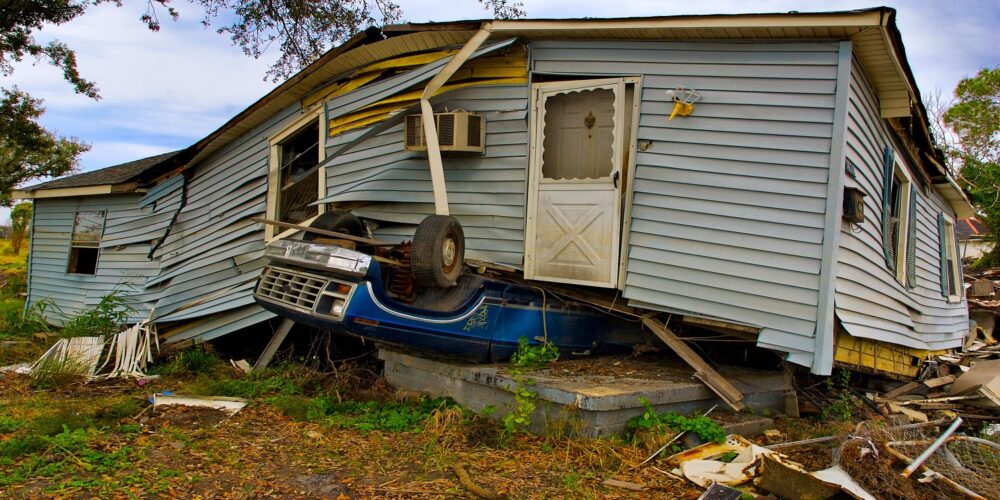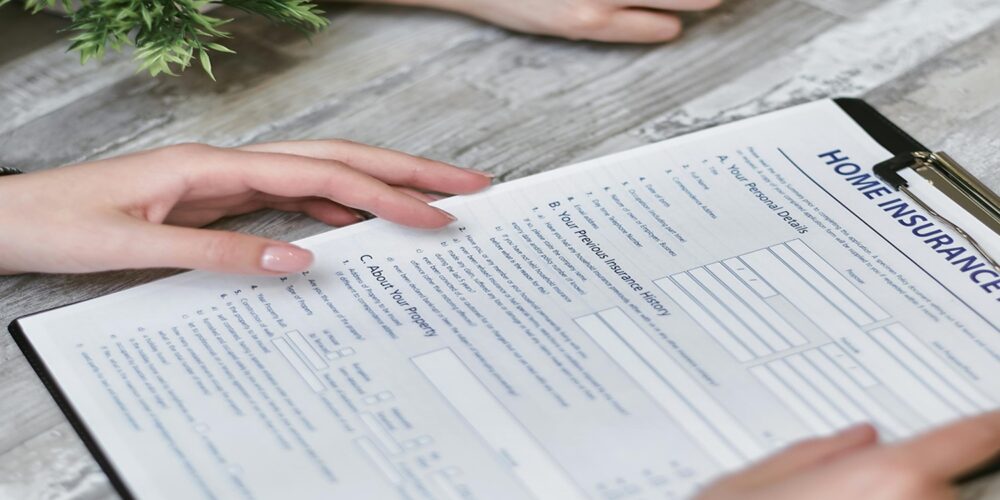What is happening with Insurance premiums lately? Read more to get tips on how to ensure you have the right coverage.

Insurance lessons learned from Hurricane Ian
We are just two weeks after Hurricane Ian battered Florida and the cost of damage is still being assessed. Total damage so far is estimated between $28 and $47 Billion but some say it could be even higher. This hurricane may be one of the most costly on record for the state of Florida. It’s truly devastating to see so much destruction and loss of life. We can see these events coming but there is only so much one can physically do to prepare for them in the moment. However, you can prepare well ahead of time to ensure your financial security can protect you.
If you are a home or property owner, were you prepared for this event? Will you be prepared for the next disaster? To ensure you’re prepared next time, below are a few important considerations that need to be addressed in your financial plan.
- Review your homeowner’s policy and understand what is covered and what is NOT, annually
- Know your deductible amounts for standard vs hurricane
- Review the risks of potential flooding and consider if you need to add this coverage, every few years
- Be sure your emergency fund can cover your worst case scenario for financial events, such as a hurricane deductible
Keep reading to learn more about why you should do these things.
Homeowners insurance has already been a hot topic in Florida, with pressure mounting over the past few years in the insurance industry. For several years now Florida has been dealing with litigation stemming from roof claims and soaring reinsurance costs. Premiums for Floridians were rising about 25% in 2021 when the average American was seeing just 4% average increase per year.
This coupled with the pandemic and rising costs recently had many homeowners looking for ways to save money. If you owned your home outright, you did not have to have flood insurance. Only homes with a federally backed mortgage in a flood zone were required to have flood insurance. In the case of Hurricane Ian, historic rainfall on an already saturated central Florida landscape created flooding for thousands of homeowners in the middle of the state where one would least expect to have an issue.
Just 18.5% of homes in Florida counties that faced a mandatory or voluntary evacuation order the evening before the hurricane landed had a flood insurance policy. For those in an actual flood zone, just half were covered by flood insurance. That’s a lot of homes NOT covered by insurance due to flooding. If you had flood damage and did not have insurance, there is a potential for some grants under FEMA but an average of $100,000 claim might only receive $7,000. The amount of households that may never recover financially from this hurricane are astounding.
How Does Homeowners Insurance Work?
Policies do not cover floods or earthquakes. Let’s say a roof blows off and rainwater ruins the home. This would be covered under most policies. But if water comes from the ground, such as storm surge, this is not covered under your homeowner’s policy. Same goes for renters insurance. If you are renting and even if you did have foresight to obtain renters insurance, it would not cover your possessions in a flood if you did not also have a flood insurance policy.
Here is another potential financial pitfall. Let’s just say you did not have flood damage but instead hurricane damage (which is covered by the policy). A common financial planning mistake is not being aware there there is a different deductible for a hurricane in your policy. At minimum the cost to the homeowner is $500 with most ranging from 1% to 5% of the insured value. For example, if your home was insured for $500,000 and you had a 5% hurricane deductible, your out of pocket deductible would be $25,000. This isn’t even mentioning the fact that Florida home values have risen so much in the past two years that if you had not updated the coverage of your policy, you may be well under insured.
Unpredictable Events Happen – Protect Your Assets
You’ve worked hard to own your home and property, don’t be caught off guard – protect your assets. Be aware of your insurance coverage and geographical area. Most coastal areas in the US, especially the sunbelt, are prone to hurricanes. We can’t know if or when we’ll experience property damage, but having the right coverage will give you peace of mind if it does. It is important to review your risk and consider adequate coverage and additional insurance. If you haven’t already, it may be time to review your policy with your insurance provider as well as your financial advisor.
Sources: NPR, CNBC, Yahoo. M & A Consulting Group, LLC, doing business as CAM Investor Solutions is an SEC registered investment adviser. As a fee-only firm, we do not receive commissions nor sell any insurance products. We provide financial planning and investment information that we believe to be useful and accurate. However, there cannot be any guarantees. This blog has been provided solely for informational purposes and does not represent investment advice or provide an opinion regarding fairness of any transaction. It does not constitute an offer, solicitation or a recommendation to buy or sell any particular security or instrument or to adopt any investment strategy. Past performance is not a guarantee of future results. Diversification does not eliminate the risk of market loss. Tax planning and investment illustrations are provided for educational purposes and should not be considered tax advice or recommendations. Investors should seek additional advice from their financial advisor or tax professional.



